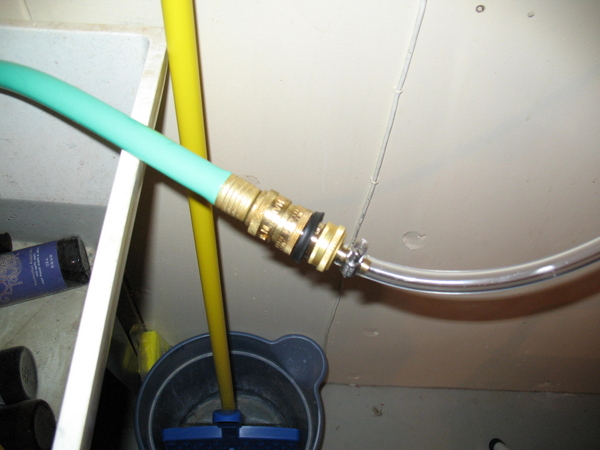- Joined
- Apr 18, 2006
- Messages
- 16,779
- Reaction score
- 5,895
In my brewing I normally do extracts w/ steep grains, so I usually use bottled water. I like to use Wal-Mart Brand Drinking Water. Its carbon filtered & UV treated, micro-filtered and ozonated. Don't ask me what that last one is, I don't know.
SWMBO has been complaining that this same water has been tasting like plastic. I happened to agree with this. She thought that it was a result of freezing in the garage. I don't think so, I might be wrong... To my knowledge I haven't used it in my beer yet.
Have anyone you noticed this in any bottled water before?
I'm going to assume if it was used in beer making you could get off tasting beer too.
Any thoughts on the matter would be appreciated.
What do you normally use for water if you do extracts & extracts w/ steeped grains?
Buy vs Boil
Thanks!
SWMBO has been complaining that this same water has been tasting like plastic. I happened to agree with this. She thought that it was a result of freezing in the garage. I don't think so, I might be wrong... To my knowledge I haven't used it in my beer yet.
Have anyone you noticed this in any bottled water before?
I'm going to assume if it was used in beer making you could get off tasting beer too.
Any thoughts on the matter would be appreciated.
What do you normally use for water if you do extracts & extracts w/ steeped grains?
Buy vs Boil
Thanks!






